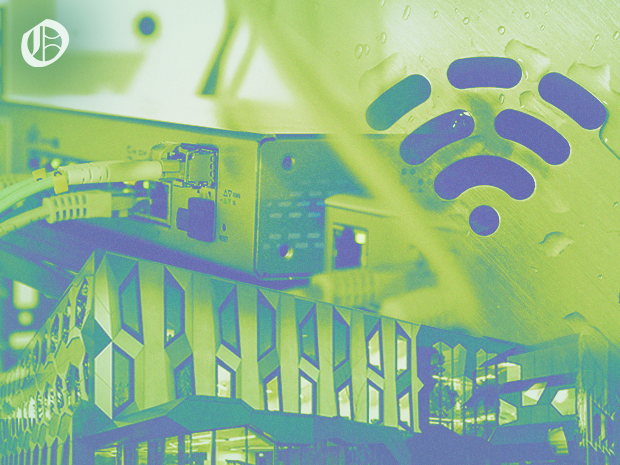ANU Responds to Concerns Over Wi-Fi

Written by Mackenzie Watkins
Over the last 12 months, the ANU’s Wi-Fi and other related internet issues have been a source of much contention for students both on campus and off. With students and staff unable to establish a stable internet connection in many areas, it has left many upset and infuriated, with the only seeming solution to be using personal data sources from their own mobile devices.
Many have noted that the change seems to correlate with the removal of the residences Wi-Fi service or ‘Resnet’. This network was responsible for providing the thousands of on-campus students with WiFi, and since its absence, it seems that the only remaining routers are being overloaded and unable to keep up with the heavy traffic.
However the reason for the ANU removing the service was to “lessen network congestion”, which they say has “improved roaming support and reduced dropouts” and has resulted in “faster speeds and less lag for users.”
ANU released a statement saying there had been an “enhancement to the ANU Wireless Services” especially regarding infrastructure across ANU Halls of residences and in “key Teaching and Learning spaces.”
Many students have turned to popular student Facebook page ‘ANU Confessions’ to air their frustrations.
One student noted that the Wi-Fi is “so bad now” they “can’t connect at the best of times”. They followed up by requesting other people to interact with their comment if others have experienced this issue, which received 38 ‘like reactions’.
Another posted asking if “anyone else [was] having nonstop issues with the Wi-Fi since they shut down ResNet”.
In a bid to find solutions, students have asked for advice regarding using Wi-Fi extenders plugged into their ethernet ports in residential halls. In response, a user noted that extenders do work, however that use of extenders go against the ANU’s network policies and they have been known to drop network access to those utilising said extenders.
Acknowledging all the complaints, an ANU spokesperson said they are “working hard to fix and replace known faulty Wi-Fi devices, as well as identify and improve Wi-Fi dead spots. [They are] on track to complete this by the end of next year.”
Now that over 130 wireless access points have been replaced on campus, the next course of action will be to audit the campuses and remote facilities to establish where the internet signal is at its weakest, with the goal to “either replace or increase wireless access points to improve wireless signals”.
Students have reported that Hancock has the most stable connection and in the meantime, it seems it will just be a waiting game until the Wi-Fi dead spots are fixed.
An earlier version of this article did not include the Digital Mater Plan website link. The article has been amended accordingly to include this resource.
Graphics by Will Novak
Know something we don’t know? Email [email protected] or use our anonymous tip submission.
If you have an issue with this article, or a correction to make, you can contact us at [email protected], submit a formal dispute, or angery react the Facebook post.
Want to get involved? You can write articles, photograph, livestream or do web support. We’re also looking for someone to yell “extra!” outside Davey Lodge at 1AM. Apply today!









